Yashashree Malpathak
www.mediaeyenews.com
One hundred and twenty-two years ago, on 3rd July 1899, Sir Ludwig Guttmann, the pioneer of the Paralympic Games and the Paralympic Movement was born. Here is a brief history of the Paralympic games and their legacy. Sports for athletes with impairment were widely introduced after World War II. The purpose back then was to assist the large number of war veterans and civilians who had been injured during wartime.
Sir Ludwig Guttmann was a firm believer in the transformative power of sports. He believed athletics was an excellent therapy for those with physical disabilities to gain physical strength and self-respect. In 1944, he established a Spinal Injury Center at the Stoke Mandeville Hospital in Great Britain, at the request of the British government. He pioneered rehabilitation sports, which grew into recreational and competitive sports. The first competition between 16 spinal cord injury veteran patients was held on 29th July 1948, the same day when the Olympic games were opened in London by the late King George. This archery competition proved to be a milestone in Paralympic history.
The Stoke Mandeville Games were held at the same place in 1952. Dutch ex-servicemen also joined the games resulting in the 1952 Stoke Mandeville Games being conducted on an international level. This marked the beginning of the world's first international sports movement for disabled people. The Paralympic Movement has used sports to promote health, disability rights, and community engagement for athletes with disabilities.
The Games had become well-known by 1960. For the first time they left Stoke Mandeville, and the 1960 Games were held in Rome, following the Rome 1960 Olympic Games. 400 paralyzed men and women took part in their own sports representing 24 countries. Although the 1960 Stoke Mandeville Games are regarded as the first official Paralympic Games, the sole disability represented was spinal cord injury.
Following the 1960 Olympics, things started to look up for disabled athletes as the movement grew, modernized and expanded to accommodate more and more impairment groups. International Sports Organization for the Disabled (ISOD) was set up in 1960 to offer opportunities for athletes who could not affiliate to the International Stoke Mandeville Games such as the visually impaired, amputees, persons with cerebral palsy, and paraplegics.
At the 1976 Paralympics in Toronto, specialized racing wheelchairs made their debut, as did events for amputees and visually impaired athletes. Four years later, during the 1980 Paralympics in Arnhem, athletes with cerebral palsy competed in events. The four international organizations—the Cerebral Palsy International Sports and Recreation Association (CPISRA); the International Blind Sports Federation (IBSA); the International Wheelchair and Amputee Sports Federation (ISMGF); and the International Sports Organization for the Disabled (ISOD) — saw a need to coordinate the Games, which led to the formation of the "International Co-coordinating Committee Sports for the Disabled in the World" (ICC) in 1982.
In 1986, they were joined by the International Sports Federations for Persons with an Intellectual Disability (INAS-FID) and the International Committee of Sport for the Deaf (CISS) However, the deaf still maintained their own organization. The member nations at that time sought more national and regional representation in the organization. The International Paralympic Committee was then founded on 22 September 1989 — as an international non-profit organization in Dusseldorf, Germany, to act as the Paralympic Movement’s global governing body.
The Paralympic Games are also held every four years following the Olympic Games, in the same country. Paralympic Opening Ceremony and a Paralympic Closing Ceremony are also a part of it. The Paralympic Winter Games, first held in 1976 in Sweden, are also conducted every four years since, like the Summer Games. The term ‘Paralympic’ is derived from the Greek preposition ‘para’ which means ‘next to’ or ‘beside’ and the word ‘Olympic’. It means that the Paralympics are the parallel Games to the Olympics, demonstrating how the two movements coexist.

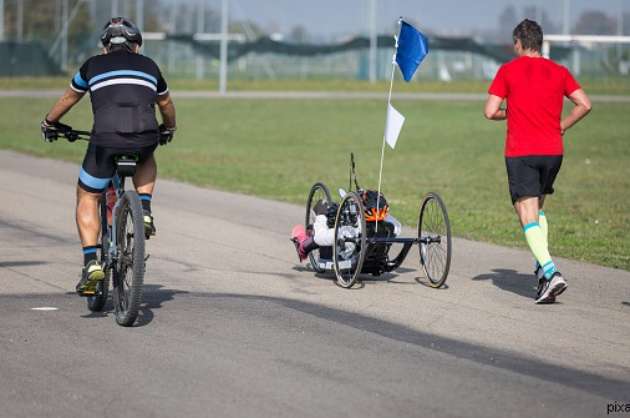



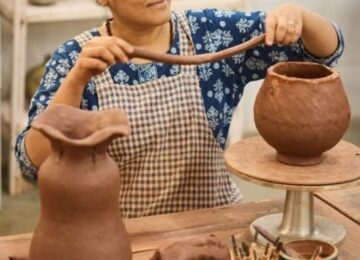
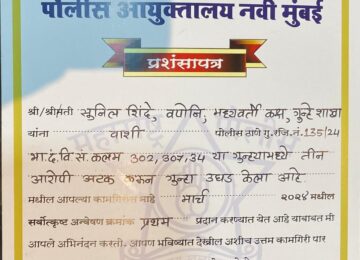

















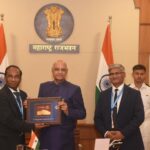









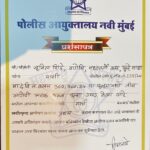
Informative article
Very good article
Very well written!
Very well written. Good job!!
Very well phrased , facts on point !